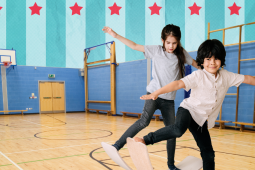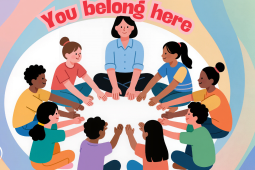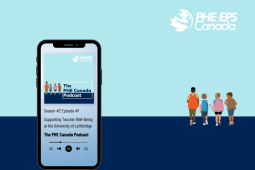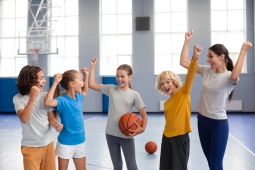You Can Make a Difference in the Time You Spend Together
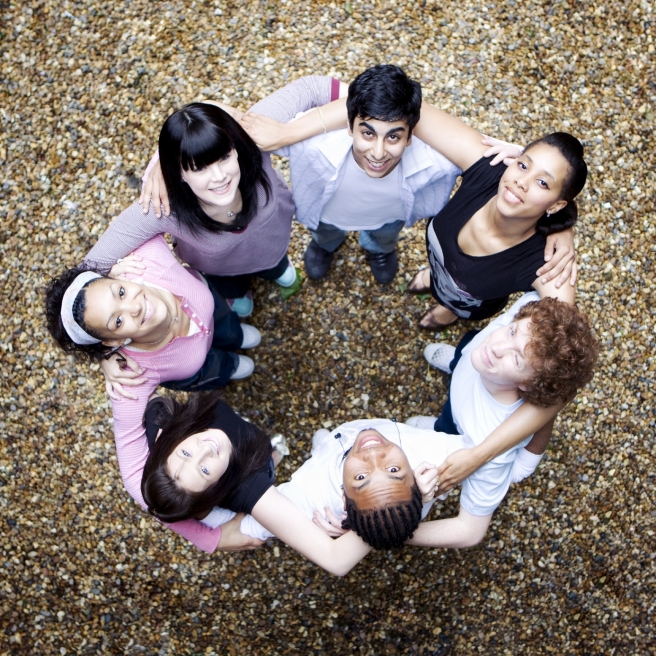
You Can Make a Difference in the Time You Spend Together
This is the 36th year that I have spent as a teacher, preparing for a new year, new students and even new challenges. After all those years, I still find myself laying awake the night before the first day, trying to remember all the things that I planned to prepare before their arrival, hopeful that they will feel welcome, included, and happy to be back at school. This was true when I was teaching children in a school system for many years, and it is still true this year, as I became the Associate Dean at Western’s Teacher Education program.
One of the differences this year is the additional responsibility that I have felt to ensure that teachers understand the broader context within which they will practice. I have given this a great deal of thought as I have prepared my ‘addresses’ for orientation or as I have responded to media inquiries about curriculum changes. I realize that I am in a position to speak not only for myself any longer, but perhaps to help shape the professional futures of others who have chosen this beloved profession.
It is apt then, that this blog post coincides with Mental Health awareness. Teaching is a very demanding profession – both in terms of the daily tasks, but especially in terms of the emotional fatigue that comes with caring for other people. It is also the only profession, as Parker Palmer tells us, that takes place at the vulnerable intersection between the public and the personal. This vulnerability can be intensified when political tensions position teachers and schools as the ‘solution’ for many of society’s problems.
I want you to understand, that as teachers, you cannot solve the underlying problems (e.g., poverty, abuse. neglect, racism, depression) that your students have experienced or continue to experience in their lives outside of school. But you can make a difference in the time you spend together.
How?
- Take care of your own mental health and make explicit that you are looking after yourself so that you can bring your best self to spend time with them each day. This may require you to set healthy boundaries. To eat healthy food. To get enough sleep. To exercise.
- Play. Read for fun. Spend time with friends. When you do these things, you bring a more joyful disposition to your interactions with your students. An emotionally healthy teacher is in a wonderful position to help her or his students develop their emotional health.
- Reframe your thinking about your students. Rather than ask ‘what is wrong with this student?’, ask, ‘What has this student been through? What does this student need from me (or others) to help address the personal history/experience that is here before us?’
- Honour your commitment to be a professional in a position of trust; to create safe, inclusive and respectful classrooms for all children. To use that professional judgment when necessary to live with integrity, to do what is in the best interests of your students, and sometimes, speak up when they are unable to.
One of the beautiful things about being in this profession for this many years, is that I have had the opportunity to speak to former students when I meet them again as adults. They remember the time we spent together. They remember those silly things I did when we were really having fun together in learning. Teaching has become serious business. But whatever you do, don’t forget to let the joy in!
Thanks,
Kathy
Kathy Hibbert, Professor
Associate Dean (Teacher Education)
Director, Interdisciplinary Centre for Research in Curriculum as a Social Practice
Faculty of Education, Western University





